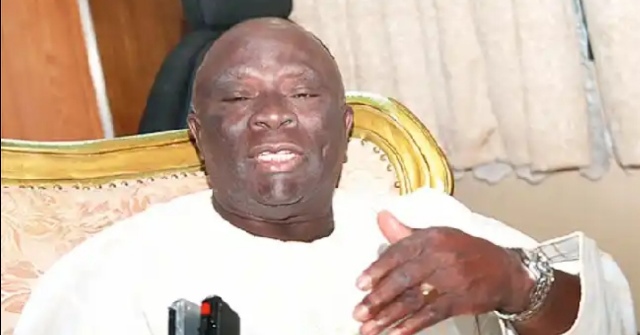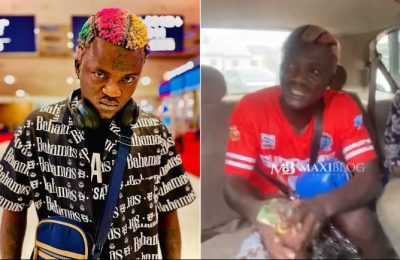Afenifere, a Pan-Yoruba sociopolitical organization, has issued a warning to politicians over the rise in verbal and physical abuse during election campaigns across Nigeria.
The organization further urged political parties and their candidates to concentrate on issues regarding how they would address the myriad of challenges that the country was facing rather than coming up with statements and actions that “border on de-marketing of opponents and possibly causing bodily harm on other people,” according to a statement issued on Sunday, by its National Publicity Secretary, Jare Ajayi.

The spokesman argued that certain politicians’ verbal attacks and those of their spokespeople were inciting their dishonest fans to attack rivals violently in a way that would result in bloodshed.
According to the statement’s citation of Babagana Monguno, national security adviser, Nigeria documented 52 instances of political violence in 22 states between October 8 and November 9.
“That was 52 acts of political violence within just one month! Monguno said this at an emergency meeting of the Inter-agency Consultative Committee on Election Security organised by the Independent National Electoral Commission in Abuja recently,” Ajayi said.
The statement added, “Candidates and political parties that have good programmes to execute would not resort to verbal or physical attacks.
“We urge political parties and their candidates to focus on what plans they have to put an end or at least ameliorate the sufferings of Nigerians.
READ ALSO: 2023 Election Sacrosanct; Must Hold — Afenifere Tells INEC
“They should let us know that they understand the enormity of the problems facing us and that they have solutions to these problems. An end should be put to mutual self-abuse either verbally or physically.”
Electoral violence has taken on a frightening dimension in recent times in the wake of increased attacks on INEC facilities across the country.
The commission stated in 2022 that between 2019 and May 24, 2021, its offices were attacked 41 times across 14 states. These included 20 cases of vandalisation, 18 cases of arson, and three cases involving both.
INEC blamed 18 of the incidents on anti-police brutality (End SARS) demonstrators, 11 on “unknown gunmen” and hoodlums, six on thuggery during elections, and the rest on bandits, Boko Haram insurgents, and post-election violence.
The incidents were mostly concentrated in the Southeast and Southwest regions of the country. Seven of the cases took place in Imo, six in Osun, five in Akwa-Ibom, and four in Abia and Cross River. The rest were recorded in Anambra, Bayelsa, Borno, Ebonyi, Enugu, Kaduna, Lagos, Ondo, and Taraba.







